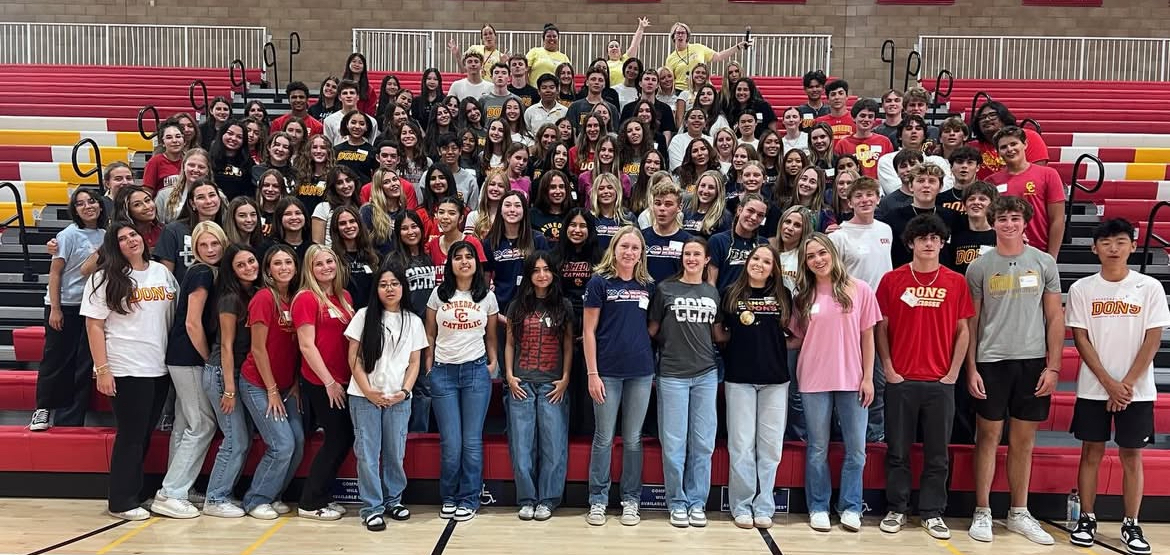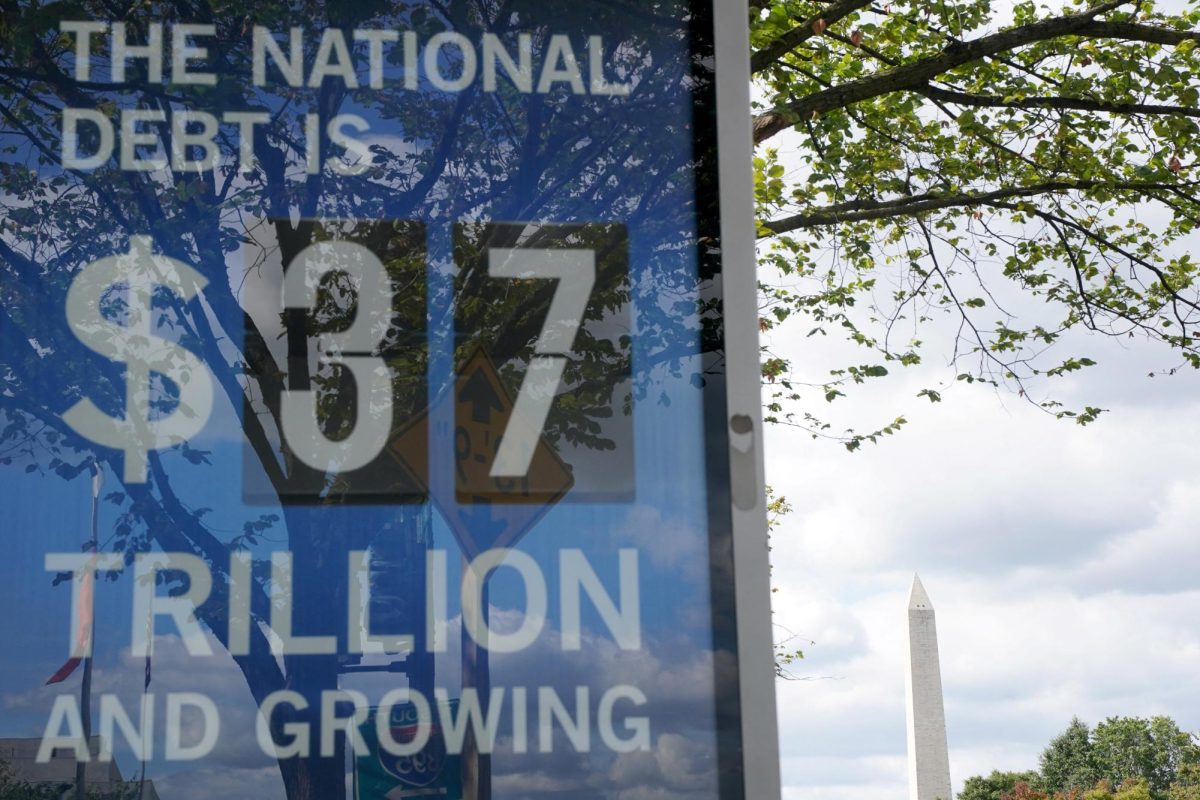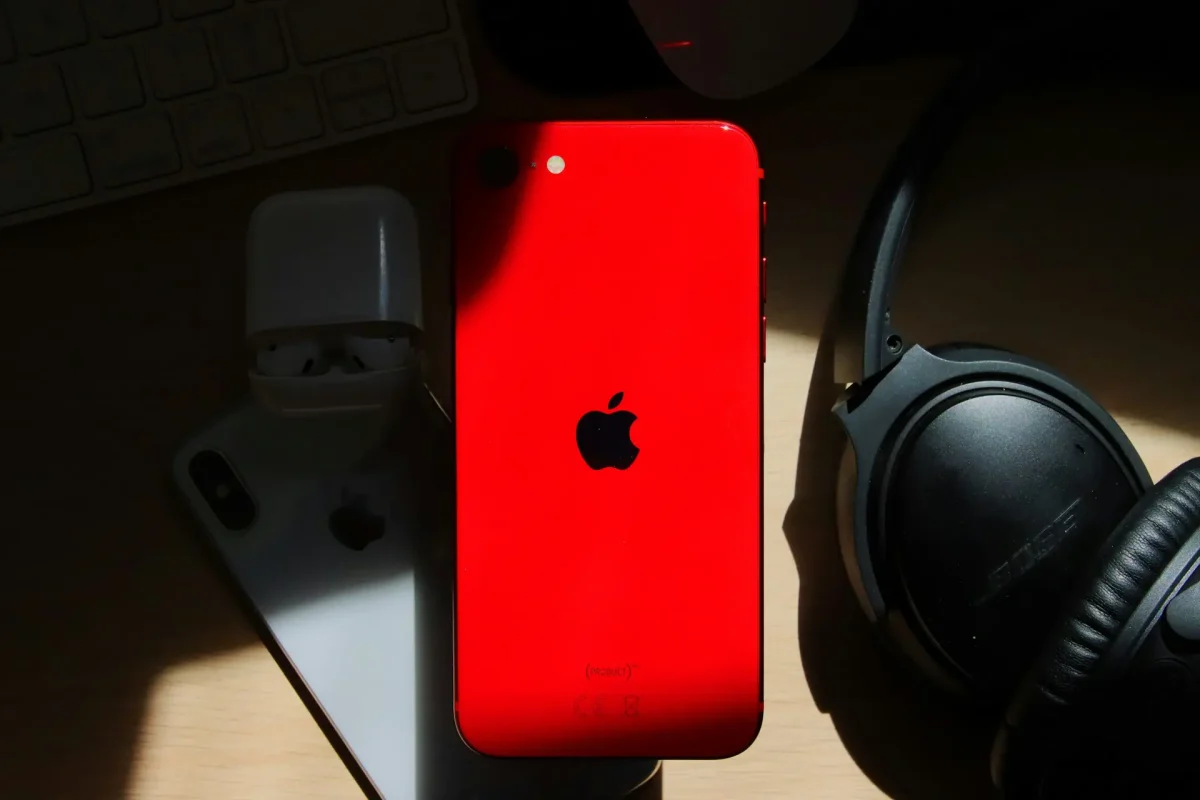This article is part of a recent series on the latest technological advancements. Read more in the series to help understand how technology is changing society.
Phones, computers, and popular electric vehicles – with each new invention, technology companies become more prominent in powering our lives. Unfortunately, there are concerns about whether these companies have the best interests of their workers in mind. Some of the largest technology companies have faced allegations over the years, specifically regarding how workers are treated throughout their supply chains.
Mining is an important first step in the creation of products. For example, cobalt is a key component of lithium-ion batteries. 70% of cobalt mining takes place in the Democratic Republic of the Congo (DRC). Small-scale mining in the DRC relies on dangerous working conditions that lack protections.
Many workers face poverty, especially resulting from decades of economic exploitation in the DRC, and must resort to mining as a livelihood practice. An estimated 40,000 of these workers are children.
Human rights organizations have filed lawsuits against major companies, including Apple, Dell, Microsoft, Google, and Tesla, citing the hazards these children face. In 2024, the US Court of Appeals decided in favor of the companies, but families affected continued to fight.
The Geneva International Center for Justice “remains harshly critical of the DRC government for permitting child labor to occur,” calling on tech companies “not to ignore the human rights violations that occur throughout their supply chains, and instead seek for them to use their influence to stamp them out.”
“I have looked into what it would be like to work in a mine, and what kind of conditions they are experiencing,” CCHS science teacher Ms. Morey shares. She explains that workers inhale dangerous substances, which can expose them to respiratory diseases. Workers, she adds, can be exposed to toxic gases in mines, like carbon monoxide and radon. Physical dangers are also present: “Cave-ins… could happen, or explosions, or something falling that [could] trap people.”
Assembly factories have also sparked concern over the years. For instance, Foxconn is a major company that assembles iPhones in China. Some workers at Foxconn factories endure shifts that stretch over 12 hours a day, causing workers to become physically and mentally exhausted. In 2022, protests broke out in Zhengzhou, the site of Apple’s largest iPhone factory; as described by CNN, protesters stated that Apple hadn’t followed through on bonuses for workers returning despite concerns about COVID.
Ms. Morey explains that both mines and factories can cause runoff, “polluting the local body of water, maybe also polluting the soil… it would depend on what kind of factory it is, and what kind of chemicals they’re handling.”
As consumers, it can be challenging to decipher the problems within the tech industry, and to understand what we can do. Demanding transparency in supply chains is essential, as this pressures companies to move away from harmful practices. Donating to organizations fighting child labor when possible, and educating oneself on the pressures that individuals face to take up dangerous jobs, is also vital.























































Maddie Stevens • Dec 16, 2024 at 10:01 AM
I appreciate that this article gave background to readers. It called me to think about what I put my time and money into.